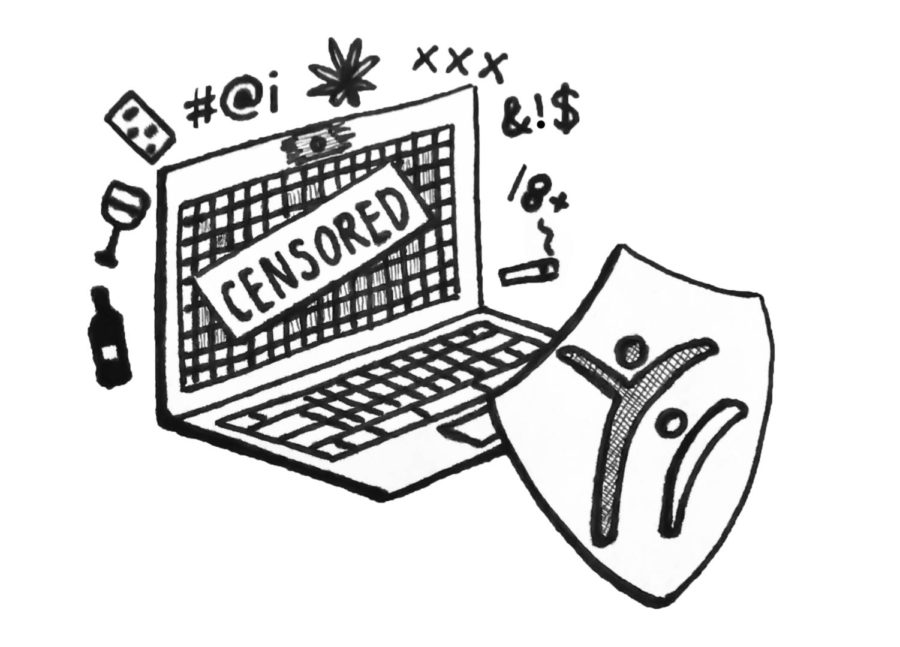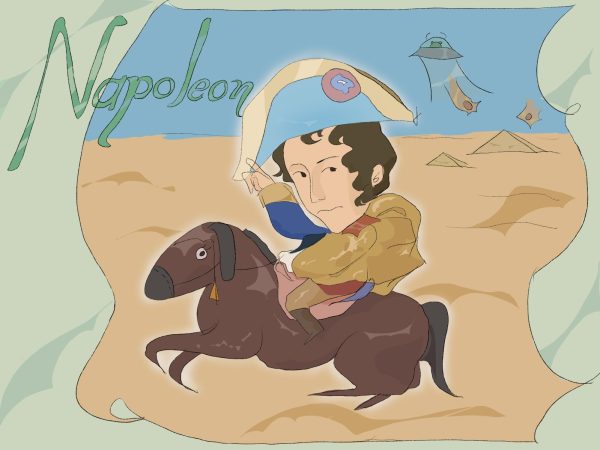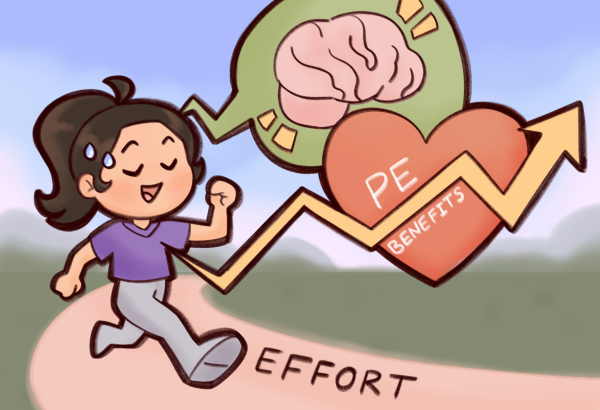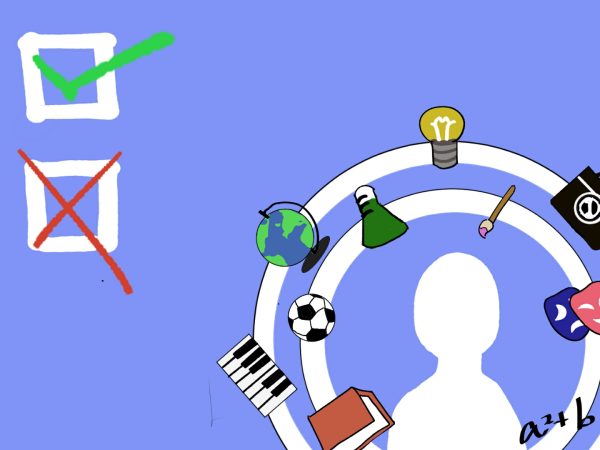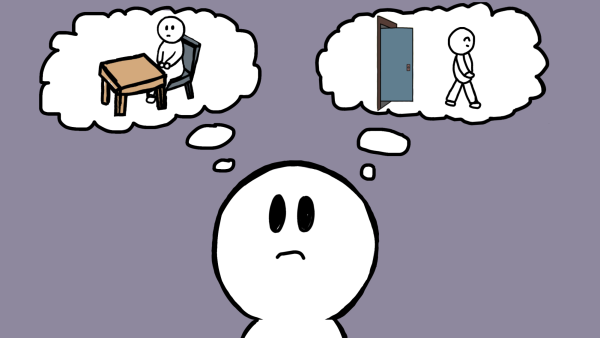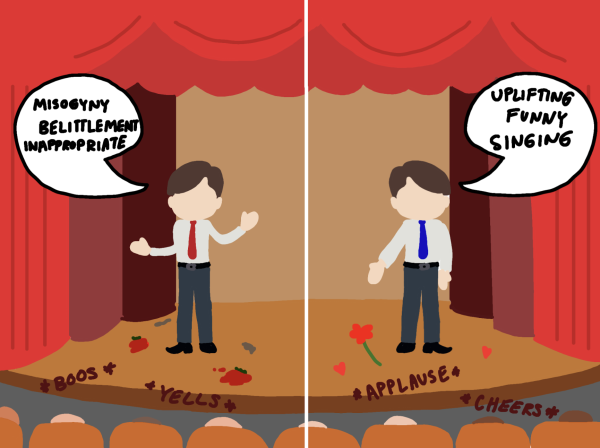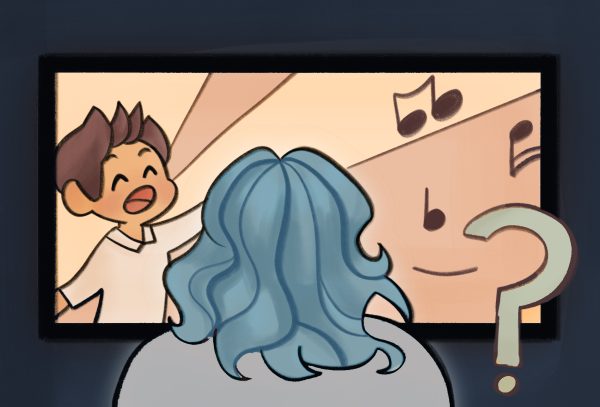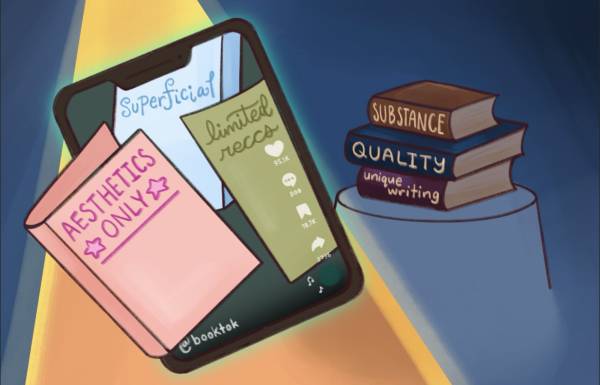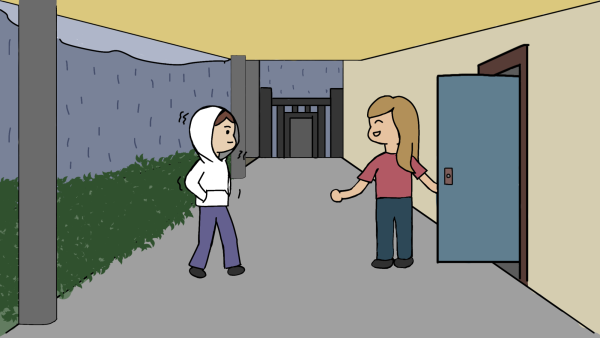IUSD Filter Regulates All Access to School Internet
November 16, 2018
Whether it is to research for a project or to answer burning questions, internet content is only a search away. If students connect to Irvine Unified School District’s Wi-Fi on their Chromebooks or personal devices, certain websites are justifiably blocked for the students’ protection.
IUSD has the filter in place because of a federal law called the Children’s Internet Protection Act (CIPA), a law that prohibits minors from having unfiltered access to the internet, according to library media specialist Pamela Quiros.
The IUSD filter covers all schools in the district from kindergarten to grade 12, meaning elementary, middle and high school students have access the same internet content. What may seem like conventional content to a teenager could be scarring and inappropriate for a child, but the filter protects them equally.
IUSD is constantly feathering out what content the filter blocks, including chat rooms and social media platforms.
One notoriously blocked video platform on campus is YouTube, which has a myriad of content, some inappropriate to access in a school setting and others highly effective educational tools. Portola High may soon be a pilot school for allowing student access to YouTube, according to assistant principal Kris Linville.
Students who use virtual private networks (VPNs) to bypass the filter are infringing the technology and personal device contract signed earlier in the school year. IUSD logs search terms and connections to VPNs; most recently, IUSD briefly disconnected all VPN connections on Oct. 24 to the dismay of several students. As VPNs do not follow CIPA, students accept all crude content and its consequences.
The IUSD filter censors key terms “breast” or “prostate” even when referring to cancer research because these phrases can result in explicit images and pornography that are inappropriate for children under 18. In this and several other academic cases, the IUSD filter serves as a disservice to high schoolers when researching for assignments and projects centered around human anatomy and physiological topics.
If a request to unblock an academic website is legitimate, like a human anatomy site that explains where the cancer cells originate, the teacher or library personnel can file a request to the district to have it opened for academic reasons, according to Quiros. These requests can take as little as five minutes, and teachers are taking advantage of embedding video clips to enrich their lecture presentations or to explain a concept further.
Although the IUSD filter may seem excessive, it is important to keep in mind that the filter protects children attending schools in IUSD from the same explicit content and conforms with federal law.
If you believe there is a website that is unnecessarily blocked, email the information technology helpdesk, [email protected]. The district office in Educational Technology will review the website and determine whether or not it should be blocked.



